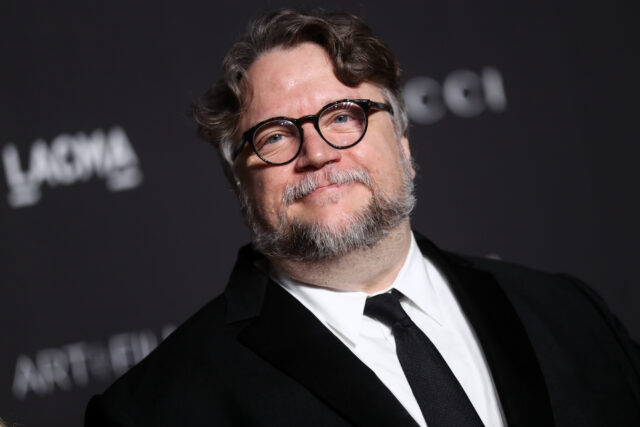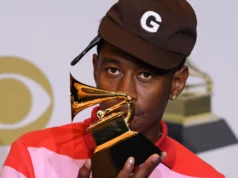
In a new interview, acclaimed filmmaker Guillermo del Toro revealed that his long-awaited film adaptation of “Frankenstein” is more than a passion project—it is the profound culmination of a personal obsession that began in childhood and intertwines with the deepest traumas and themes of his life.
Speaking with Terry Gross on NPR’s “Fresh Air,” del Toro described how seeing the 1931 Boris Karloff film as a seven-year-old was a religious epiphany that reshaped his understanding of faith and humanity.
“I realized I understood my faith or my dogmas better through ‘Frankenstein’ than through Sunday Mass,” del Toro said. “I saw the resurrection of the flesh, the immaculate conception, ecstasy, stigmata. Everything made sense. And I decided at age 7 that the creature of Frankenstein was going to be my personal avatar and my personal messiah.”
His new film, simply titled “Frankenstein,” stars Oscar Isaac as the ambitious Dr. Victor Frankenstein and Jacob Elordi as the Creature. While drawing inspiration from both the classic film and Mary Shelley’s 1818 novel, del Toro’s version is structurally ambitious, dividing the narrative into three distinct chapters. The final section is told from the Creature’s perspective, a choice directly inspired by Shelley’s original text that del Toro felt was crucial for allowing the audience to fully empathize with his misunderstood “messiah.”
The director, whose films like “Pan’s Labyrinth” and the Oscar-winning “The Shape of Water” often center on marginalized beings, explicitly connects the Creature to other foundational figures in his work: Jesus and Pinocchio.
“I triangulate the creature with Jesus and Pinocchio,” he said, noting that his stop-motion “Pinocchio” also featured a crucifix carved by Geppetto to highlight the shared themes of creation and paternal failure.
The interview took a deeply personal turn as del Toro connected the story’s themes of fatherhood and abandonment to his own life. He explained that while he first saw “Frankenstein” through the lens of a son, he now views it as a father, conscious of his own shortcomings.
This reflection is rooted in his complex relationship with his own father, whose kidnapping in Mexico in the 1990s was a defining and traumatic event. Del Toro confirmed he helped secure the million-dollar ransom, an ordeal that forced the family to relocate to the United States under death threats.
“A lot of the moments that happened during that kidnapping are actually obliquely reflected in the film,” del Toro shared. “I tried to make it an autobiography of the soul for me.”
The filmmaker also expressed strong, unequivocal views on modern technology, drawing a parallel between Victor Frankenstein’s hubris and that of today’s “tech bros.” When asked if he used Artificial Intelligence in making the film, his response was stark.
“AI, particularly generative AI, I am not interested, nor will I ever be interested,” he stated. “The other day, somebody wrote me an email, said, ‘What is your stance on AI?’ And my answer was very short. I said, ‘I’d rather die.’”
Instead, del Toro championed the “alchemical pain and experience” of human artistry, a theme that resonates deeply in a film about the terrible responsibility of creation. He sees the Creature’s cursed eternal life not as a gift, but as the ultimate torment.
“I’m a huge fan of death,” del Toro said. “I’m a groupie for death. I think it’s the metronome of our existence. And without rhythm, there is no melody.”
The conversation, rich with insights into art, life, and faith, painted a picture of an artist finally bringing his most personal project to life—a project that seeks to find beauty and meaning in the monstrous, and humanity in the divine.
Source: Interview from NPR’s “Fresh Air” with Terry Gross.










